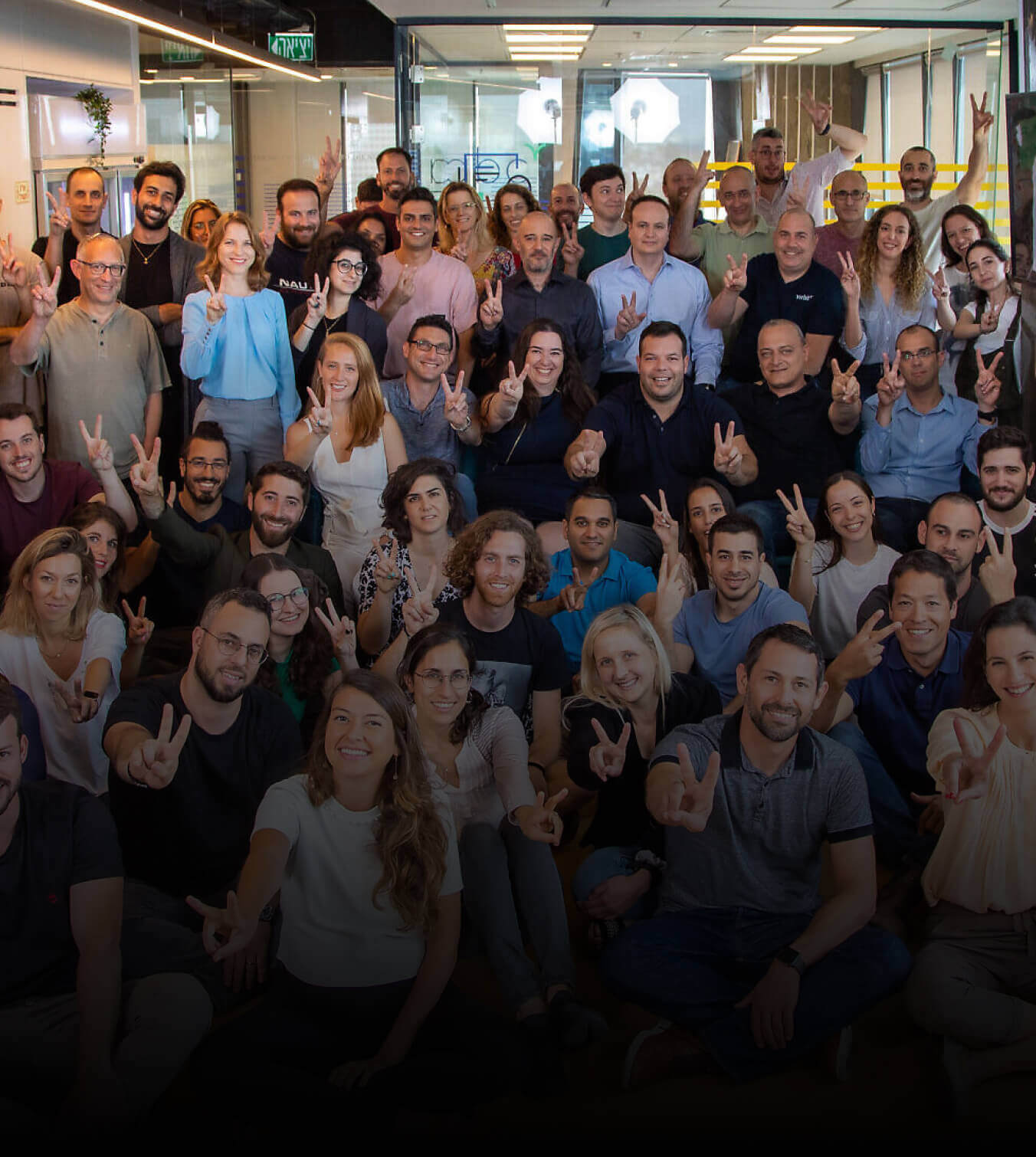The development of AI is providing opportunities to improve the lives of people worldwide. It is also raising new questions about how best to incorporate interpretability, security, privacy, and other moral and ethical values into these systems.

You will learn what is AI and responsible AI, best practices for responsible AI is. Each of these points will explain in detail. So, read the full blog to understand more about this topic in depth.
What is Artificial Intelligence?
Artificial intelligence is a broad branch of computing that associates with developing intelligent machines. It is capable of performing tasks that typically require human intelligence. As per Artificial intelligence app development companies, advances in machine learning and deep learning create a paradigm shift in virtually every sector of the tech industry.
What is Responsible AI?
Responsible AI is a framework to carry many critical elements and practices together. According to some competent mobile app development company, it focuses on ensuring responsible, transparent, and ethical use of AI technologies consistent with user expectations and organization values.
List of Responsible AI Practices
Here in this segment, we will reveal the top 4 responsible AI practices. So, let’s take a quick look:
- Create and Test a Response Plan
Preparation is critical for responsible AI to be operational. While every effort should avoid a mistake, companies must also adopt the mindset that mistakes will occur. A response plan should implement to mitigate adverse impacts to customers and the business if an AI-related lapse occurs. The plan details the steps to prevent further damage, correct technical problems, and communicate to customers and employees what happened and what is to be done. The plan should also designate the people responsible for each step to avoid confusion and ensure perfect execution.
Procedures should validate and refine to ensure that harmful consequences are minimized to the greatest extent possible if an AI system fails. A tabletop exercise that simulates an AI lapse is one of the best tools companies can use to test their response plan and practice its execution. This immersive experience enables executives to understand how prepared the organization is and where the gaps exist. It’s a technique that has proven equally valuable for responsible AI.
- Integrate Tools and Methods
For responsible AI practices and principles to impact AI systems, developers must arms with tools for professional support. However, providing tools that simplify workflows while putting Responsible AI policies in place ensures compliance. Plus, it avoids resistance from equipment that may already be overloaded or operating on tight deadlines.
Companies cannot demand that technical teams address nuanced ethical issues without providing them with the tools and training necessary. Creating these resources can seem like a substantial undertaking. While that may have been true a few years ago, various tutorials and open source tools are now available. Instead of creating their resources, companies can start by selecting a set of most appropriate resources for the AI systems they develop.
- Establish Human Governance + AI
Beyond executive leadership and a widely understood ethical framework, roles, responsibilities, and procedures are also necessary to ensure that organizations incorporate responsible AI into the products and services they develop. Effective governance involves bridging the gap between the teams that create AI products and the leaders and governance committee they oversee. Therefore, high-level principles and policies can apply in practice.
Responsible governance of AI can take several forms. Elements include defined escalation routes when risks arise at a particular stage of the project, standardized code reviews; ombudsmen tasked with assessing individual concerns. And continuous improvement to strengthen capacities and face new challenges.
- Empower Responsible AI Leadership
An internal champion, such as an AI Ethics Officer, should be appointed to sit at the responsible AI initiative’s forefront. That leader brings together stakeholders, identifies champions across the organization, and establishes principles and policies that guide the creation of AI systems. No one person has all the answers to these complex problems. Corporate ownership that incorporates a diverse set of perspectives must exist to make a significant impact.
A robust approach to ensuring diverse perspectives is a responsible multidisciplinary AI committee that helps direct the overall program and solve complex ethical issues such as biases and unintended consequences. The committee should include representation from a variety of business functions, regions, and backgrounds. One study states that increasing the diversity of leadership teams leads to better innovation and financial performance. Navigating the complex problems that will inevitably arise as companies implement artificial intelligence systems requires the same diverse leadership kind.
What Can We Do?
Zazz sees the responsible use of artificial intelligence to serve customers better and build an only better world. We are interested in what is done elsewhere, as customer trust in the digital ecosystem depends on all stakeholders’ participation. Therefore, we are actively participating in the global debate on artificial intelligence.
We strive to influence technology development to improve people’s quality of life and create business applications that serve businesses in the digital economy. We will continue to contribute to discussions on the responsible use of artificial intelligence and the implementation of business applications to benefit all stakeholders. So if you have any questions and want to discuss, contact us immediately. We are always available to help you.
Recent Articles
Zazz.io Recognized as a Top Mobile...
When it comes to mobile app development and digital transformation...
Impact Of Google Bard on Mobile...
Artificial Intelligence has caused an irreplaceable disruption in almost every...
Cost of Building a Real Estate...
100 million+ homes listed in some of the most preferred...










